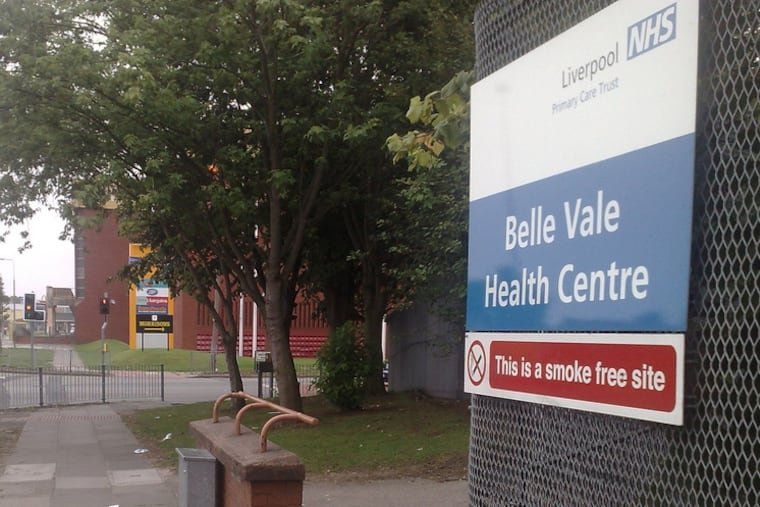Field-Tested Travel Tip: Seeking Medical Care Overseas
Navigating any health system is a complex process and even trickier in a country you don’t know. Many countries that have government-operated systems also have parallel private medical care.

We met someone recently who told us about a frustrating experience trying to get health care while on vacation in England who was glad we don’t have that kind of system in the United States.
Is seeking health care more difficult overseas? It depends on how you approach it.
Last fall while visiting London, Larissa developed a severe stomachache that persisted for more than a week. Over-the-counter remedies were no help; it was clear she needed to see a doctor.
We were staying in a vacation rental in a residential neighborhood, so we thought it would be a simple matter of phoning the local doctor and getting the first available appointment. Not so.
Most medical practices in Britain are affiliated with the National Health Service, and unless you are part of that system, it does not accept new patients. These offices referred Larissa to an emergency clinic at the local hospital, where she waited nearly three hours to see a (rather harried) physician, who offered some possible causes of the pain.
We didn’t pay for these services, but because Larissa wasn’t part of the NHS system, the doctor was authorized to treat only the immediate symptoms; she could not order any tests or refer Larissa to another doctor. Larissa left frustrated with a stopgap prescription for omeprazole (which was available over the counter anyway).
But the doctor’s parting words offered a ray of hope: “See if you can get into a private clinic.”
With that suggestion, Larissa searched the internet for “private/travel clinic, London” and promptly found a listing for the Fleet Street Clinic. With one phone, call she secured an appointment with a doctor for the next day, underwent lab tests to rule out an infection, and got a prescription for medication to alleviate her pain until we returned to the United States several weeks later.
She did have to pay out of pocket for these services, the equivalent of about $130. But we got quick, professional, and complete service, which in the grand scheme of our trip didn’t seem that expensive.
Navigating any health system is a complex process and even trickier in a country you don’t know. Many countries that have government-operated systems also have parallel private medical care. (The analogy is similar to Medicare and supplemental health coverage). If you fall ill while traveling in another country, you might want seek care in a private clinic right away.
In a future column, we will address medical coverage for longer stays outside the U.S.
Philadelphia natives Larissa and Michael Milne have been global nomads since 2011. Follow their journey at ChangesInLongitude.com